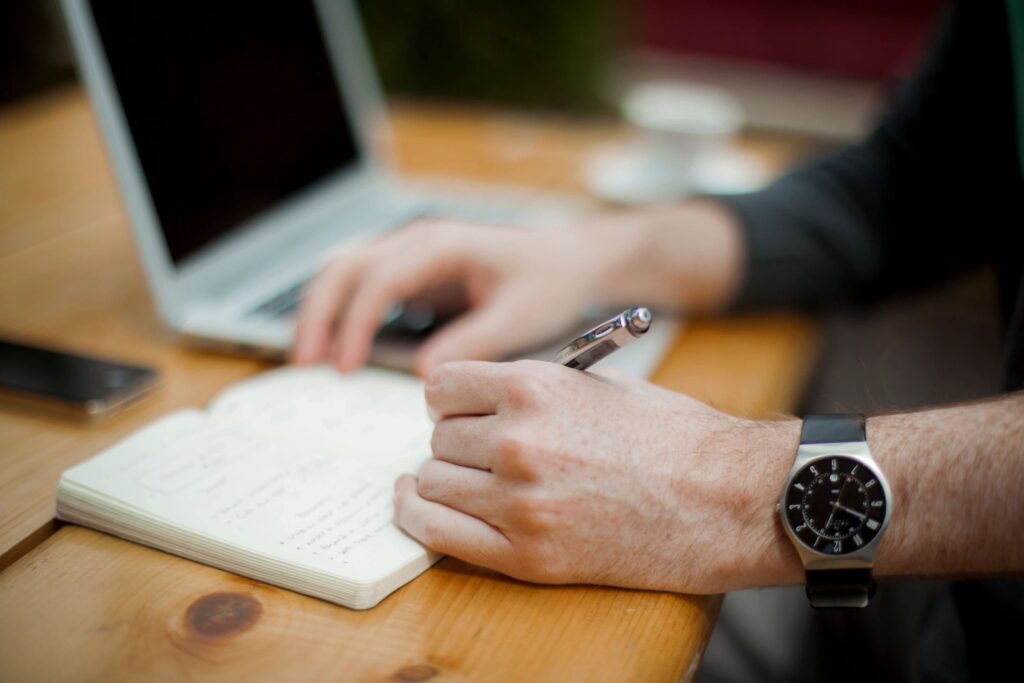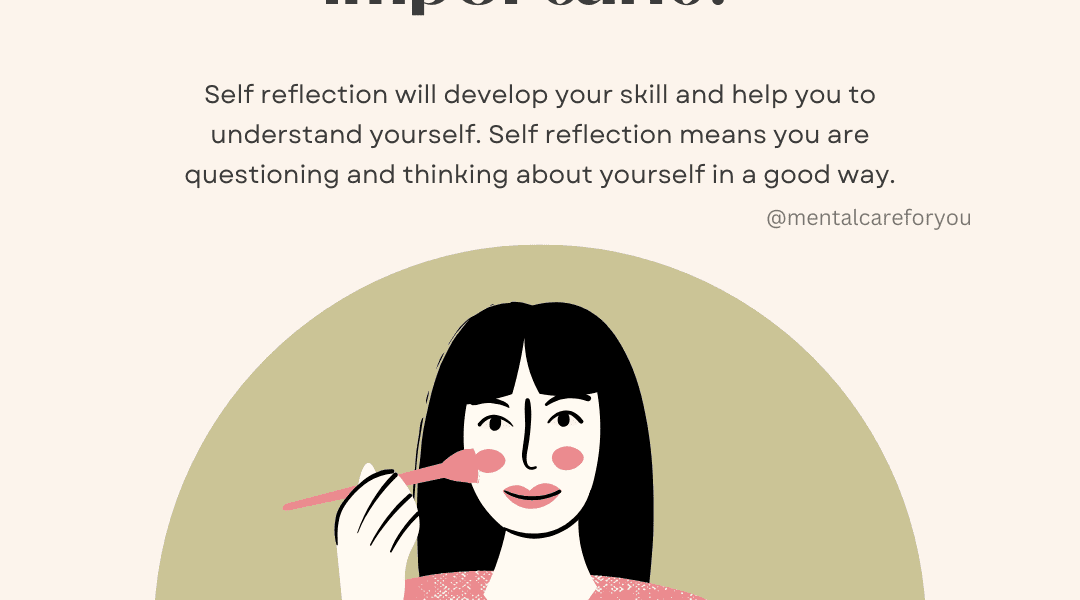Unlock Your Potential: The Ultimate Guide to Self-Reflection for Personal Growth
In our fast-paced world, it’s easy to get caught up in the hustle and bustle of daily life. We often move from one task to another without pausing to consider our thoughts, feelings, and actions. This is where self-reflection comes into play. Reflecting on our experiences can be a transformative process, guiding us toward personal growth and deeper self-understanding.
What is Self-Reflection?
Self-reflection is the practice of examining our thoughts, emotions, and behaviors. It involves stepping back and asking ourselves important questions about our lives. What are my values? What motivates me? How do I react to challenges? By contemplating these questions, we gain insights that help us make more intentional choices.

Why is Self-Assessment Important?
- Enhanced Self-Awareness
Self-awareness is the foundation of personal growth. When we reflect, we become more aware of our strengths and weaknesses. This physical and mental health awareness allows us to make better decisions and set realistic goals that align with our true selves. - Improved Decision Making
Reflection helps us analyze past decisions, and recognize patterns in our thinking and behavior. By understanding why we made certain choices, we can make more informed decisions in the future, ultimately leading to better outcomes. - Emotional Intelligence
Engaging in self-reflection fosters emotional intelligence. As we reflect on our emotions, we learn to manage them better, improving our relationships and communication with others. - Stress Reduction
Taking time for self-reflection can serve as a form of mindfulness, helping to reduce stress. When we pause to reflect, we can process our thoughts and feelings rather than letting them build up, which can lead to anxiety.
How to Practice Reflection Exercises?
Here are some practical methods to incorporate self-reflection into your routine:
- Journaling
Writing down your thoughts and feelings can be a powerful tool for self-reflection. Set aside time each day or week to jot down what’s on your mind, your experiences, and any insights you gain. - Meditation
Mindfulness meditation encourages you to focus on the present moment and your internal state. This practice can help you become more aware of your thoughts and feelings, providing clarity and insight. - Ask Yourself Questions
Challenge yourself with thought-provoking questions. By asking these questions you can conquer your self doubt. Consider asking:- What are three things I learned today?
- How did I handle a recent challenge?
- What are my core values, and am I living by them?
- Seek Feedback
Sometimes, we need an outside perspective to see ourselves. Ask trusted friends or mentors for constructive feedback about your behaviors and decisions.

The Journey of Self-Reflection
Self-reflection is not a one-time activity; it’s an ongoing journey. As you grow and evolve, so will your reflections. Embrace this journey with patience and openness. Remember that it’s normal to encounter uncomfortable truths along the way—these can be the most valuable moments for growth.
Conclusion
Incorporating self-reflection into your life can be a powerful catalyst for personal development. By enhancing your self-awareness, improving your decision-making, and fostering emotional intelligence, you create a foundation for a more fulfilling life. So, take a moment today to reflect on your journey—your future self will thank you.
Ready to embark on your journey of self-discovery? Start your self-reflection practice today! Grab a journal, set aside some quiet time, and dive into your thoughts and feelings. Share your reflections with us in the comments below, or connect with others on the same path. Let’s grow together!
